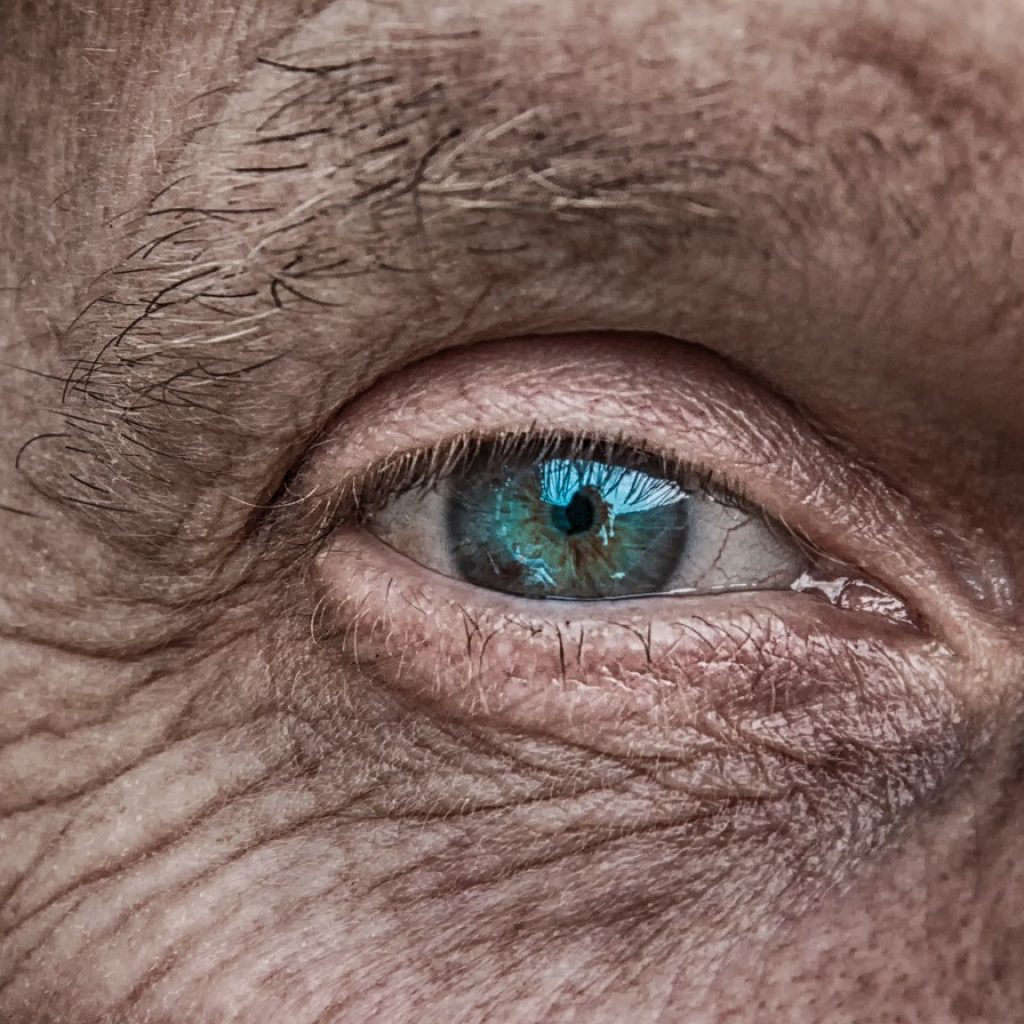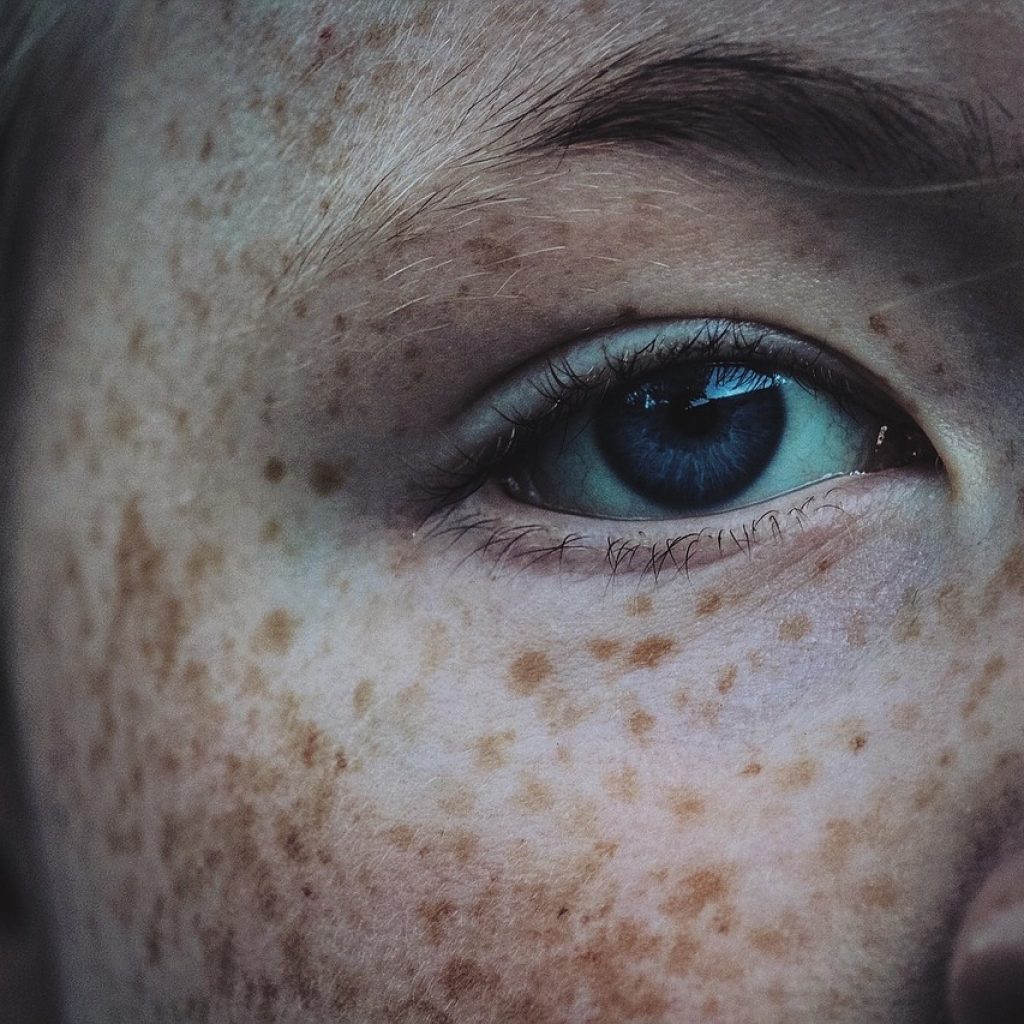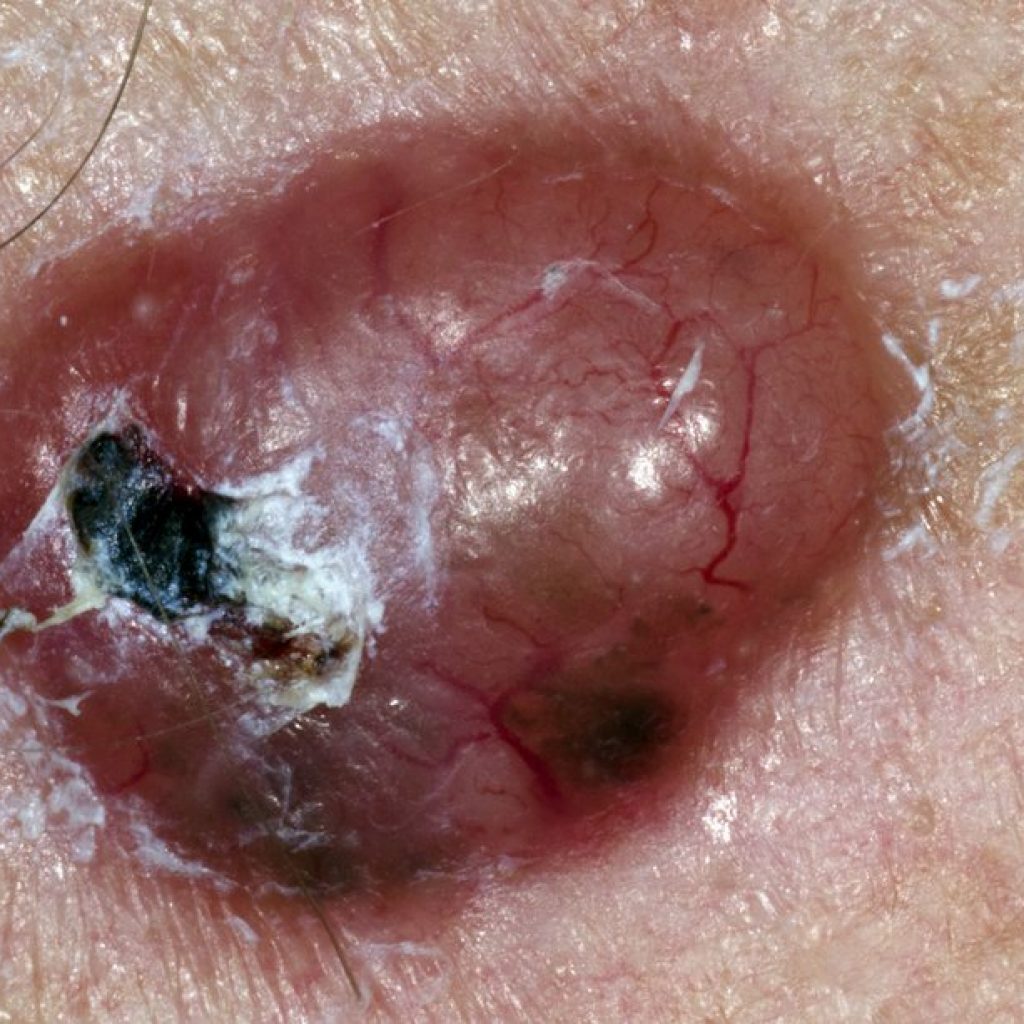Sun Damage, Skin Aging, Wrinkles: Are They Reversible?
Skin changes over time. It happens. But can you maintain a youthful appearance late into life?
All of us want to maintain a youthful appearance, to look great in photographs, to have the appearance of a life well-lived without having the wrinkles that come with all that fun in the sun and the millions of smiles and laughs.
So what can we do? Can sun damage, skin aging, wrinkles, and even scars and spots be prevented? Can they be reversed?
Let’s take just a minute to learn what they are and then we’ll see what we can do to prevent or reverse them…
Did you know?
Nearly 10 million Americans spent over $200 over a 3 month period on skin products for their face?
The Ultraviolet (UV) rays from the sun feel so good, they are the reason that we get a nice golden tan on vacation, they help our bodies produce Vitamin D, and they even improve our mood!
But over-exposure to these sun rays have their downsides too.
Most noteworthy are wrinkles, dark spots (uneven skin tone), dryness, thickened skin, and even skin cancers — all of which are associated with sun over-exposure.
So let's break these down one at a time:
Wrinkles
Dark Spots
Dry Skin
Thickened Skin
Skin Cancers
Did you know?
Sun exposure and smoking both lead to the breakdown of elastic fibers in your skin and early aging.
Wrinkles:

UV rays break down important elastic fibers in your skin: collagen and elastin. These proteins keep the skin surface smooth and taught.
There are a handful of ingredients and treatments that can be used to prevent the wrinkles from forming and some might even help reverse the process once it has started. They include:
Skin creams with Vitamins E and C
Creams proteins or glycoproteins that help re-hydrate the skin (like hyaluronic acid)
Creams with Beta-carotene or retinoids
Chemical peels
Microderm abrasion, Cryotherapy, and Laser therapy
Dark Spots (also called Age or Sun Spots):

The fancy medical term is “solar lentigines.”
The normal defense your skin has against sun exposure is called Melanin. This Melanin is what is produced in your skin that makes you look “tan.” However, when melanin production is increased, it doesn’t always increase in an even manner and may leave some areas darker than others. These are called a lot of different things: sun spots, age spots, freckles, dark spots, etc. There are a few things you can try to reduce dark spots:
-
Skin-lighteners – usually creams – that contain hydroquinone. They may help reduce the dark spots.
-
Skin creams with retinoids
-
Cryotherapy
Dry Skin:
This one may not be as obvious, but the sun can cause dry skin. This can leave your skin cracked and scaly. Try to stay hydrated, remove dead skin gently with a loofah, and moisturize, but avoid heavy, petroleum-based products.
Did you know?
Some researchers believe that as much as 80% of skin aging is due to UV ray exposure.
Thickened Skin:
Skin thickening occurs over a period of many years. Repeated sun over-exposure leads to chronic changes within the skin (epidermis and dermis) that make the skin appear thick, rubbery, or leathery. It is predominantly seen in people who spend their lives outdoors and use little skin protection. Their skin loses elasticity and appears saggy and leathery. There isn’t much that can be done to reverse this once it is gets to this stage, so prevention is definitely the key!
Skin Cancers:

No one wants to talk about it, but this is an unfortunate possibility.
There’s a dry, scaly appearing precursor that is called “Actinic Keratosis” and can be removed if caught early enough. If left alone, about 10% become cancerous. This needs to be diagnosed and treated by a medical professional, don’t try to eye-ball this one at home.
For the other types of skin cancer (the most common are Squamous cell carcinoma, Basal cell carcinoma, and Melanoma), you should be seen by a dermatologist.
ANY skin lesion that you (or someone you know) notice that is NEW or CHANGING should probably be looked at. Dark lesions are especially worrisome.
If you have any questions, SEE A DOCTOR! Make sure to catch problems early — sometimes that’s the only way to prevent disastrous outcomes!
Prevention is best, but some can be reversed...
Maintaining the healthy appearance of your skin is much easier if you take even some small steps to prevent skin damage. Wear sunscreen with a minimum of SPF 30. Minimize over-exposures and sun burns. Avoid smoking or stop if you already smoke. Finally, use a skin care regimen that includes a good moisturizer or skin cream with hyaluronic acid, Vitamins E and C, retinol, and / or Beta-carotene.
AUTHOR

Dr. Nick
Dr. Nick has been practicing medicine for over 10 years. After finishing his MD he began his residency in Laboratory Medicine where he gained first hand knowledge of some of the effects of dietary supplements. Dr. Nick now specializes in gastrointestinal health, Over the years of vigorous study and in-depth experimenting with a variety of dietary supplements Dr. Nick found that there are few sources of clear, evidence-backed, honest information about what the supplements can help achieve - and what they cannot. There are many companies out there selling promises without providing results.
Dr. Nick's goal is to educate the general public and do his part to help the world get healthy again. The industry needed an honest educated practitioner to reveal the real benefits of specific dietary supplements and to unbiasedly dig into the formulas and companies selling these formulas to reveal the true Pros and Cons of each supplement and to educate the general public about these ingredients found in various dietary supplements. Dr. Nick promoting general health and proper use of nutritional supplements is step one of the goal. In order to get the best effects without wasting time and money, a proper understanding of chemistry and human physiology are critically important. Since not everyone has the time to master these topics, Dr. Nick hopes to help clarify otherwise complicated topics and give the best, clear, evidence-backed input to help each person select the most appropriate supplements.
info@reliablehealthreviews.com

